Have you ever tried herbal teas?
Herbal teas have been used long before modern medicines were even thought of, to aid in healing and recovery for a multitude of complaints, among them digestion and gut health.
Some teas will encourage more regular bowel movements, while others will act on the gut health in general (much like a probiotic) to support overall gut and immune health. By including herbal teas in your daily routine you may experience relief from some of your more troubling digestive issues. And you will improve your overall digestion naturally.
But how can herbal teas improve digestion?
For good digestion and regular bowel movements we need to break down food well, be well hydrated and have a good level of good bacteria in the gut. Different herbal teas can do, all or some of these steps.
Being hydrated ensures that there is enough water in the stool so that the body can eliminate it easily. Most herbal teas are not a diuretic, i.e. they add to our water consumption over the day, they don’t take away from it like coffee and other caffeinated drinks. By swapping some of the coffee in our day for a herbal tea will go towards keeping our digestive system hydrated.
Having sufficient levels of good bacteria in the gut improves the digestion process and supports immunity, all factors in a well-functioning digestive system. As herbal teas originate from plants, they have an abundance of polyphenols (or prebiotics) which feed the good bacteria.
Other herbal teas are known digestives as they help to break down our food by increasing our digestive enzymes. Teas like dandelion, for example, stimulate the production of these enzymes
Caution: While we may think of a herbal tea as ‘just a tea’, we do need to remember that they are made from herbs and as such are a herbal remedy that will exert a physiological response. So we need to be mindful how much we drink and what we’re drinking. Currently there is limited knowledge regarding the safety of some teas for children and pregnant or lactating women, and some may interfere with medications. So it’s best to check with your healthcare provider before taking herbal teas.
But what teas are best for what, and why? Read on to discover the 6 best herbal teas that can improve your digestion naturally.
- Ginger Tea
Ginger, scientifically known as Zingiber officinale, is a flowering plant and its root is used as a spice worldwide. The root of the plant is also know to help with calming an upset stomach and reducing bloating, gas or indigestion.
The reason for some of these benefits is that it stimulates the muscles in the stomach and the intestine to contract, improving digestive motility. Thereby encouraging the digestive system to move food along, so it’s not left to ferment and create gas. While most of the studies have been with large doses in supplement form, the herbal tea will have some benefits.
You can slice fresh ginger root into a cup of boiling water for 10-15 minutes, strain and drink. Or you can also use a Ginger tea bag, steeping for 10 minutes for the best results.
- Peppermint tea
Peppermint tea is another herbal tea that may improve digestion naturally. It is a green herb from the Mentha piperita plant.
Menthol, which comes from the leaves, has long been shown to help with digestive complaints. Peppermint oil, also from the leaves, has been traditionally used with IBS patients to reduce symptoms of bloating, gas and pain.
While the tea may not exert as strong an effect as the oil, nonetheless it can be beneficial for calming the digestive system.
- Fennel
Fennel is a liquorice tasting herb. You can buy it fresh in a bulb, or use the dried seeds in cooking or a tea. It has been known to help with constipation and in animal studies, it has been shown to reduce the occurrence of stomach ulcers.
In one study, a group of adults with constipation were given fennel tea daily. After 28 days this group of adults had more bowel movements than the control group, which was given a placebo.
There are many fennel teas available, though you can also make it by steeping a teaspoon of fennel seeds in cup of boiling water for 10-15 minutes.
- Dandelion
Yes, I am talking about the same dandelions you see growing in your garden. So next time don’t be too hasty in waging war against these weeds, instead cultivate them! All the parts of the plant can be eaten from the flower to the root.
They have been shown to contain some compounds that help with digestion, by stimulating the contraction of the stomach, promoting the movement of food from the stomach into the small intestine.
To make dandelion tea, combine 2 cups of dandelion flowers and 4 cups of water in a saucepan. Bring the mixture to a boil, then remove it from heat and let it steep for 5–10 minutes. Strain it through a colander or sieve before drinking.
- Black tea
Black tea has been shown to support digestion and, in animal studies, to promote the healing of stomach ulcers.
These digestion-promoting properties are in part due to the presence of theaflavins — a type of antioxidant — and thearubigins (thought to improve indigestion) found uniquely in black tea.
- Green Tea
Green tea has long been used to support digestive health in China and Japan. It is known to stimulate metabolism and promote the release of digestive enzymes.
However, there are limited studies as to why it’s so beneficial. One of the reasons it may be beneficial is that it is rich in polyphenols, called catechins. These catechins have been shown to lower inflammation, improve weight loss and have anti-cancer properties.
The WHO also recommends at least 2 cups of green tea a day.
When Should I Drink herbal Teas?
The best way is to incorporate them throughout your day. Try swapping your mid-afternoon coffee for a green tea. Adding in a fennel tea after your bigger, main meal will help with digestion before bed. And adding in a calming chamomile before bed will avoid that spike in caffeine before bed, giving you that much need sleep and rest that also helps with good digestion.
What if I don’t like herbal teas?
I was never one for herbal teas either, and when I suggest them to my clients I do encourage them to try different brands until they find one they like. The first ones I tried smelled delicious but tasted like coloured hot water! But I’m glad I persevered and I now have quite the collection.
My favourite go-to’s are the Pukka teas. This was the first brand I found that really tasted of something and you can even get them in the supermarkets now. They also do handy selection boxes of teas so that you can try a wide range before committing.
If you are already a tea connoisseur why not try some loose leaf teas from House of Tea based in Carlow. House of tea do many blends, as well as individuals, one of which is a digestion tea.
So which tea will you try to improve your digestion? I’d love to hear about which ones you’ve tried and what are your favourites in the comments below!

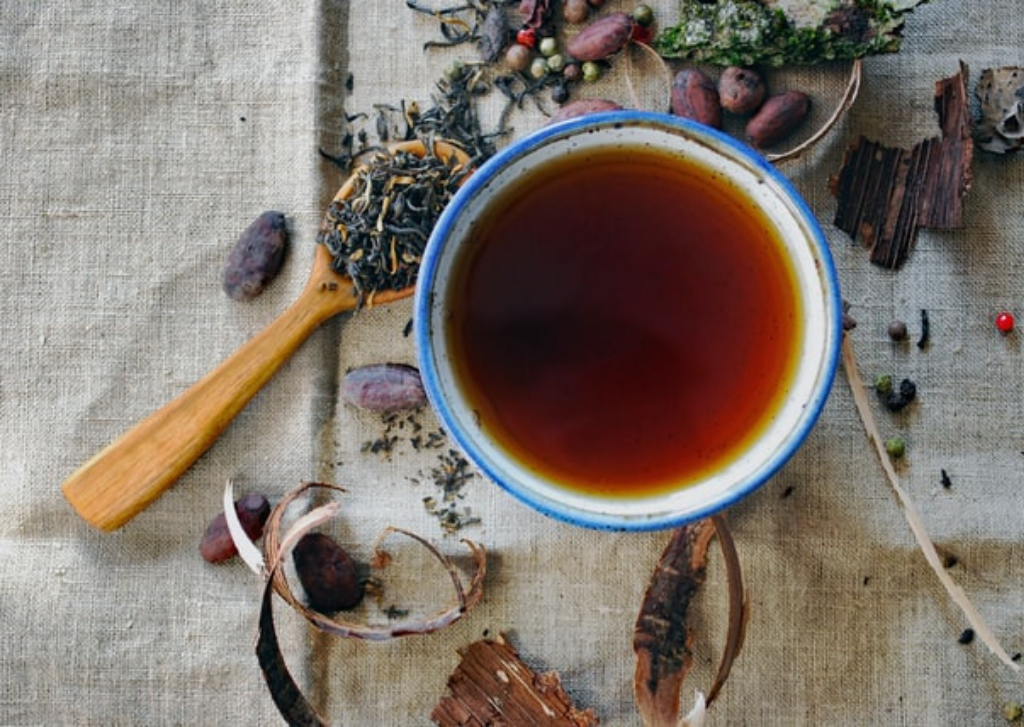
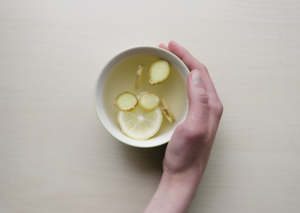
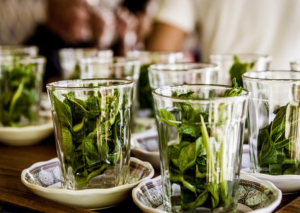
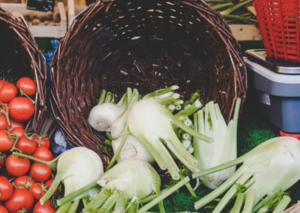
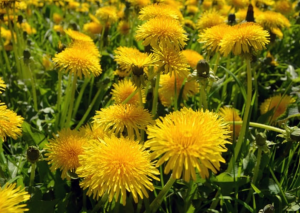
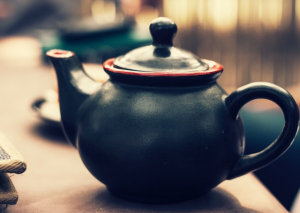
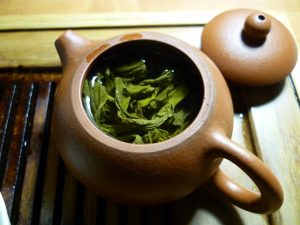

0 Comments